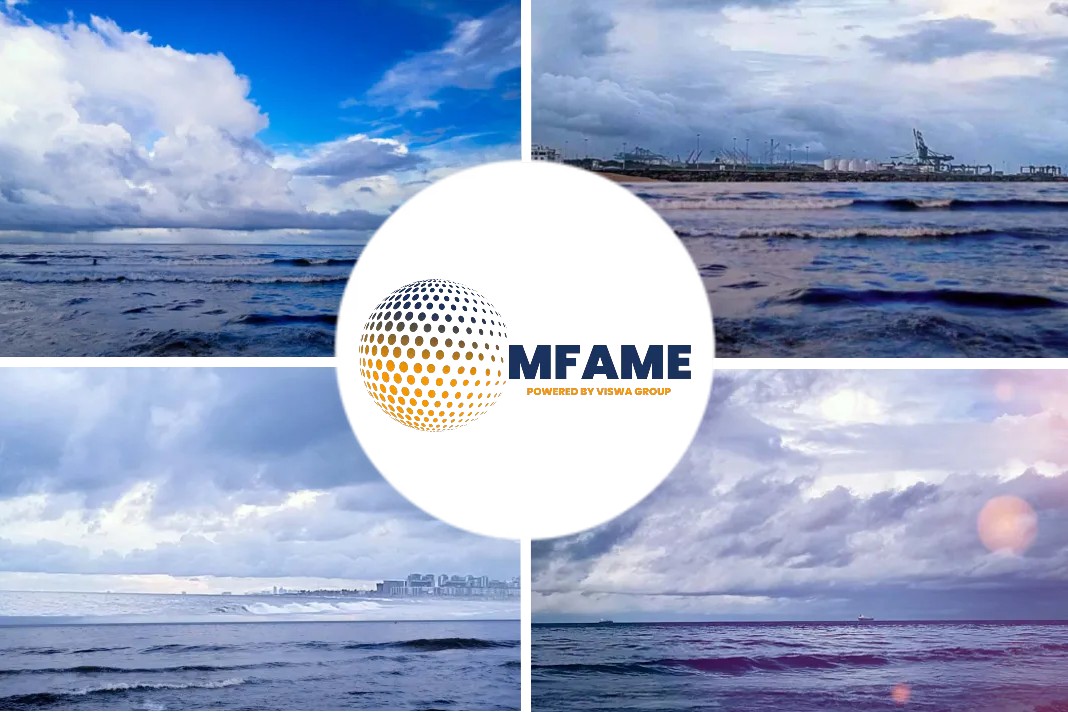
Bangladesh and Liberia became the latest contracting states to the Hong Kong International Convention for the Safe and Environmentally Sound Recycling of Ships on Monday helping meet some key conditions for its entry into force, 16 years after it was adopted by the IMO, reports Economic Times.
Hong Kong International Convention
The Hong Kong International Convention for the Safe and Environmentally Sound Recycling of Ships (Hong Kong Convention) is set to enter into force within 24 months or on 26 June 2025 after Bangladesh and Liberia became the latest contracting states to the Convention on Monday helping meet some key conditions for its entry into force.
The treaty will enter into force 24 months after three separate criteria have been met: It must be ratified by 15 states (maritime nations); these states must represent 40 per cent of world merchant shipping by gross tonnage; they should have a combined maximum annual ship recycling volume (during the preceding 10 years) of not less than 3 percent of their combined gross tonnage.
These conditions have now been met with Bangladesh and Liberia separately depositing the instrument of accession with IMO Secretary-General Kitack Lim on 26 June 2023 at IMO Headquarters in London.
This paves the way for the Hong Kong Convention to enter into force on 26 June 2025, the IMO said in a statement.
The contracting parties to the Hong Kong Convention now include Bangladesh, Belgium, Republic of the Congo, Croatia, Denmark, Estonia, France, Germany, Ghana, India, Japan, Liberia, Luxembourg, Malta, Kingdom of the Netherlands, Norway, Panama, Portugal, São Tomé and Príncipe, Serbia, Spain and Türkiye.
The 22 contracting states to the Convention represent approximately 45.81 percent of the gross tonnage of the world’s merchant shipping. The combined annual ship recycling volume of the contracting states during the preceding 10 years amounts to 23,848,453 gross tonnage, equivalent to 3.31 percent of the required recycling volume.
The Convention took 16 years to enter into force, offering a glimpse into the challenges it faced from maritime nations.
Bangladesh is one of the world’s largest ship recycling countries by capacity while Liberia is one of the world’s largest flag states by tonnage.
India, one of the world’s five top ship recycling nations, acceded to the International Maritime Organisation’s (IMO) Hong Kong Convention in November 2019. The treaty sets global standards for safe and environmentally-sound ship recycling.
“This is a momentous day for IMO, and it is indeed a historical development for the international shipping industry, for the marine environment, and especially for workers and local communities in ship recycling countries globally,” said IMO Secretary-General Kitack Lim.
“Bangladesh, as a major ship-recycling country, has made huge strides in recent years in improving its ship recycling regulation and standards to meet the Hong Kong Convention requirements,” Secretary General Lim said.
Cradle to grave
Bangladesh’s accession to the Convention, according to Lim, was made possible by an IMO-implemented project on Safe and Environmentally Sound Ship Recycling in Bangladesh (SENSREC) that had the backing of the government of Norway.
As a prominent flag state, the accession to the Hong Kong Convention will provide a major advancement to Liberia’s regulatory framework and would enable the tonnage criteria to be met, Lim noted.
The Hong Kong Convention was adopted by the IMO at a diplomatic conference held in Hong Kong in 2009. It is aimed at ensuring that ships, when being recycled after reaching the end of their operational lives, do not pose any unnecessary risks to human health, safety and to the environment.
It embraces the “cradle to grave” concept, addressing all environmental and safety aspects relating to ship recycling, from the ship design stage through to the end of the ship’s life, including the responsible management and disposal of associated waste streams in a safe and environmentally sound manner.
The Convention places responsibilities and obligations on all parties concerned – including shipowners, ship building yards, ship recycling facilities, flag states, port states and recycling states.
Upon entry into force of the Hong Kong Convention, ships to be sent for recycling will be required to carry onboard an inventory of hazardous materials. Ship recycling facilities authorized by Competent Authorities will be required to provide a Ship Recycling Plan, specific to each individual vessel to be recycled. Additionally, governments will be required to ensure that recycling facilities under their jurisdiction comply with the Convention.
To give effect to the Convention, India has enacted the Recycling of Ships Act, 2019 and the Recycling of Ships Rules were notified in February 2021.
India is home to the world’s largest stretch of ship breaking beaches, located along Alang-Sosiya in Gujarat’s Bhavnagar district. Alang has often grabbed global headlines for the way in which ships were recycled.
To allay concerns on safe ship recycling, more than 94 of the 131 operational recycling plots in Alang have upgraded their infrastructure and secured HKC compliance certificates.
The voluntary compliance by the ship recycling yards has helped boost ship recycling activities in India by getting ships from the owners, who intend to dismantle their vessels in environmentally sound manner, said an executive with a ship recycling facility in Alang.
Did you subscribe to our daily Newsletter?
It’s Free! Click here to Subscribe
Source: Economic Times















